Denemek ALTIN - Özgür
WHY KEEP Goats?
Hobby Farms
|Goat-101-24
My love affair with goats began because of one simple thing: goat cheese. It was love at first bite when I first tried the creamy, tangy spread in college. For almost two decades, it was an infrequent treat because of the high price tag of a dollar an ounce. (That was back in the 1990s!) When my family decided to move to the country to grow our own food organically in 2002, I knew I had to have a couple of goats so that goat cheese could become part of my regular diet.
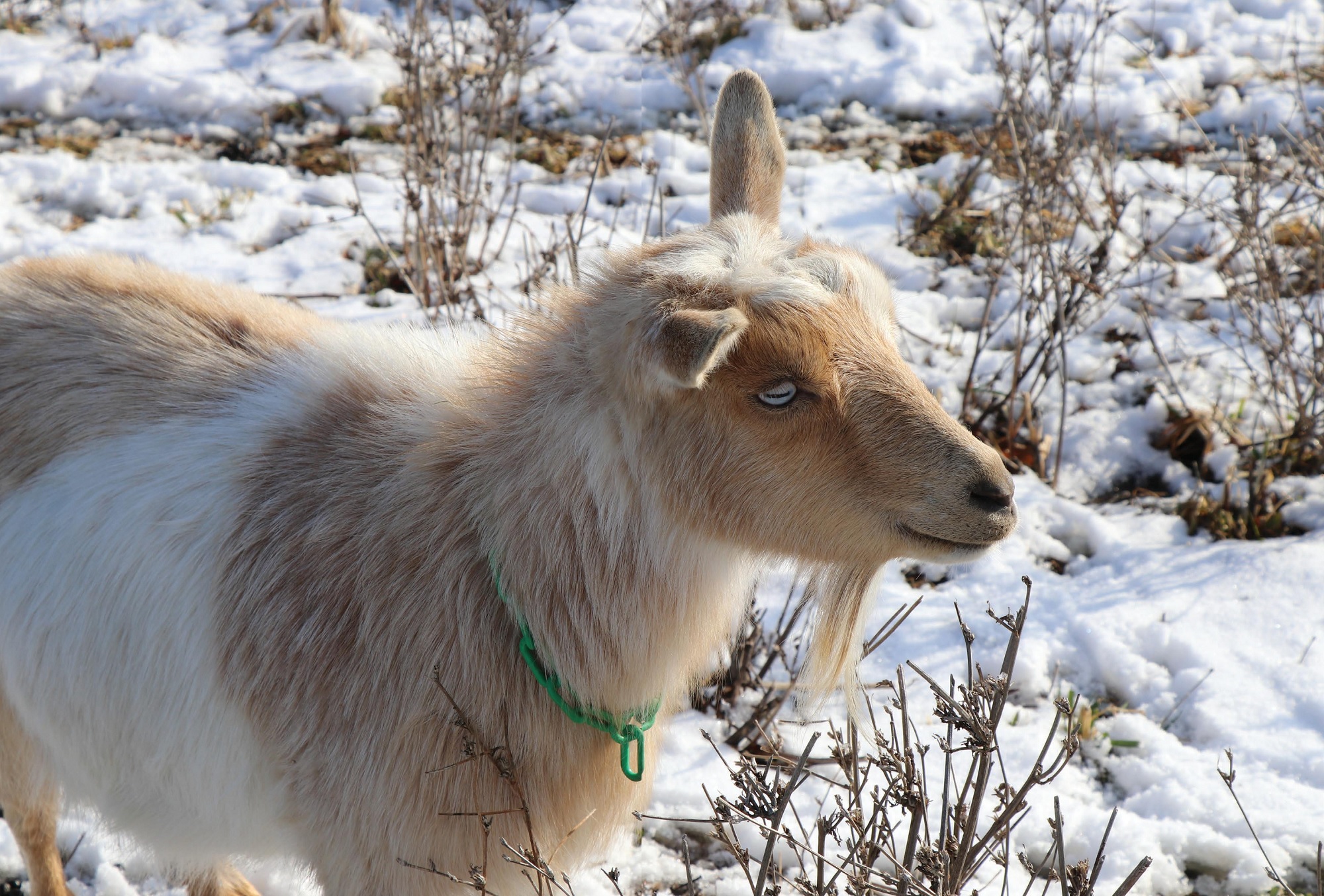
DAIRY
The cheese that most of us refer to as “goat cheese” is more correctly called chévre (pronounced like shev), and although you can use goat milk to make yogurt and a lot of cheeses traditionally made with cow milk, there is no other milk that makes cheese that tastes like chévre.
One reason many people choose goats over cows as their personal family milkers is because of goats’ smaller size — especially if they have no experience handling livestock. The smallest cows weigh 700 pounds, which means they outweigh any human. This makes them challenging and sometimes dangerous for a novice to handle.
“My husband and I chose to have goats on our farm mainly for their milk and the products that are made from it: milk for drinking and cooking, cheese and soap,” says Kellie Pavlov of Eatonville, Washington. “We just started our very first goat herd and farm a little over six months ago, after never having grown up on one and moving from the desert of Las Vegas [Nevada] to the forests of the Pacific Northwest.
“Other reasons why we chose goats — after much research — especially the Nigerian Dwarf and Kinder breeds, are their smaller size along with the high butterfat content of their milk. We didn’t want to deal with larger livestock animals like dairy cows.”
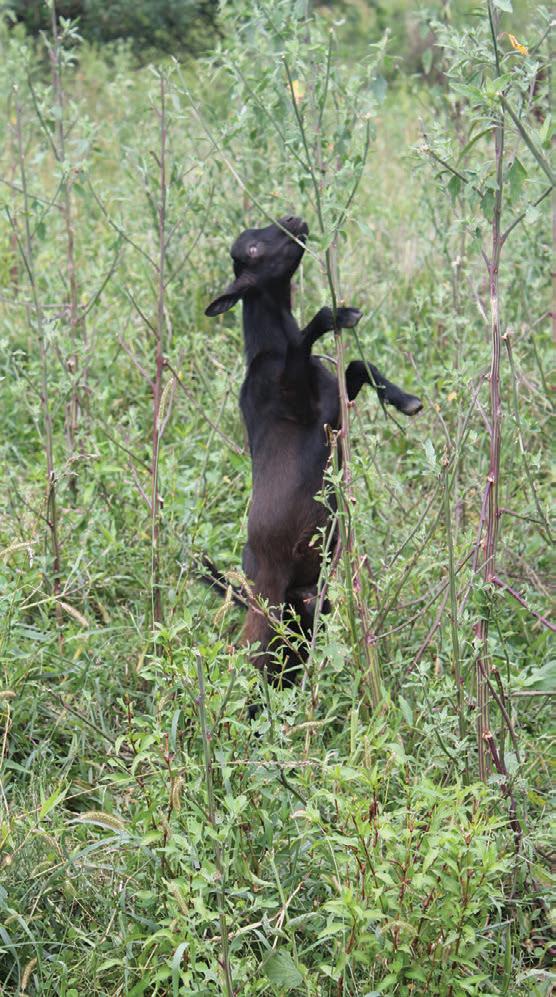
Bu hikaye Hobby Farms dergisinin Goat-101-24 baskısından alınmıştır.
Binlerce özenle seçilmiş premium hikayeye ve 9.000'den fazla dergi ve gazeteye erişmek için Magzter GOLD'a abone olun.
Zaten abone misiniz? Oturum aç
Hobby Farms'den DAHA FAZLA HİKAYE
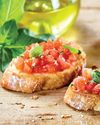
Hobby Farms
Fermented Bruschetta
It's tomato time, so use those ripened, garden-grown beauties to ma make some fermented bruschetta! This recipe will show you how.
2 mins
July/August 2025
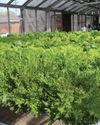
Hobby Farms
Raising Plants Hydroponically
This issue's column comes from a slightly different perspective, as producing plants hydroponically is a practice that hasn't yet caught on with many farmers. Yet, it could certainly fit very easily into any number of farming operations.
7 mins
July/August 2025
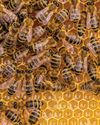
Hobby Farms
HEALTHLY HIVES
Nurturing a beehive can turn out to be nearly as sweet as the liquid gold found at the end.
7 mins
July/August 2025
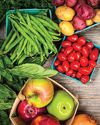
Hobby Farms
Assessing Market
As your hobby farm grows from pleasure toward profit, consider the next step: a farmers market.
7 mins
July/August 2025
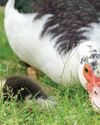
Hobby Farms
METAL TOXINS & DUCKS
Poisoning from metal toxins is a surprisingly common issue in backyard duck flocks.
4 mins
July/August 2025
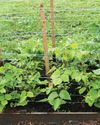
Hobby Farms
Big Bean Bonanza!
With literally thousands of varieties available, there’s bound to be a bean or two that will suit your growing conditions and please your palate.
6 mins
July/August 2025
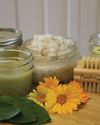
Hobby Farms
Herbal Hand Healers
Create a hand scrub and lotion from your garden.
7 mins
July/August 2025
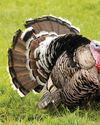
Hobby Farms
NARRAGANSETT TURKEY
Narragansetts are meat turkeys known for being very prolific, broodiness and possessing calm dispositions.
1 min
July/August 2025
Hobby Farms
Plant Cukes In July
If you live somewhere in USDA hardiness zones 5, 6 or 7 and you want a bigger, better cucumber harvest, sometime during the first two weeks of July is an excellent time to plant more cucumbers.
2 mins
July/August 2025
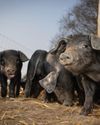
Hobby Farms
LARGE BLACK HOC
The Large Black is a docile heritage breed of swine originating in England improved from the Old English Hog from the regions of Devonshire and Essex.
1 min
July/August 2025
